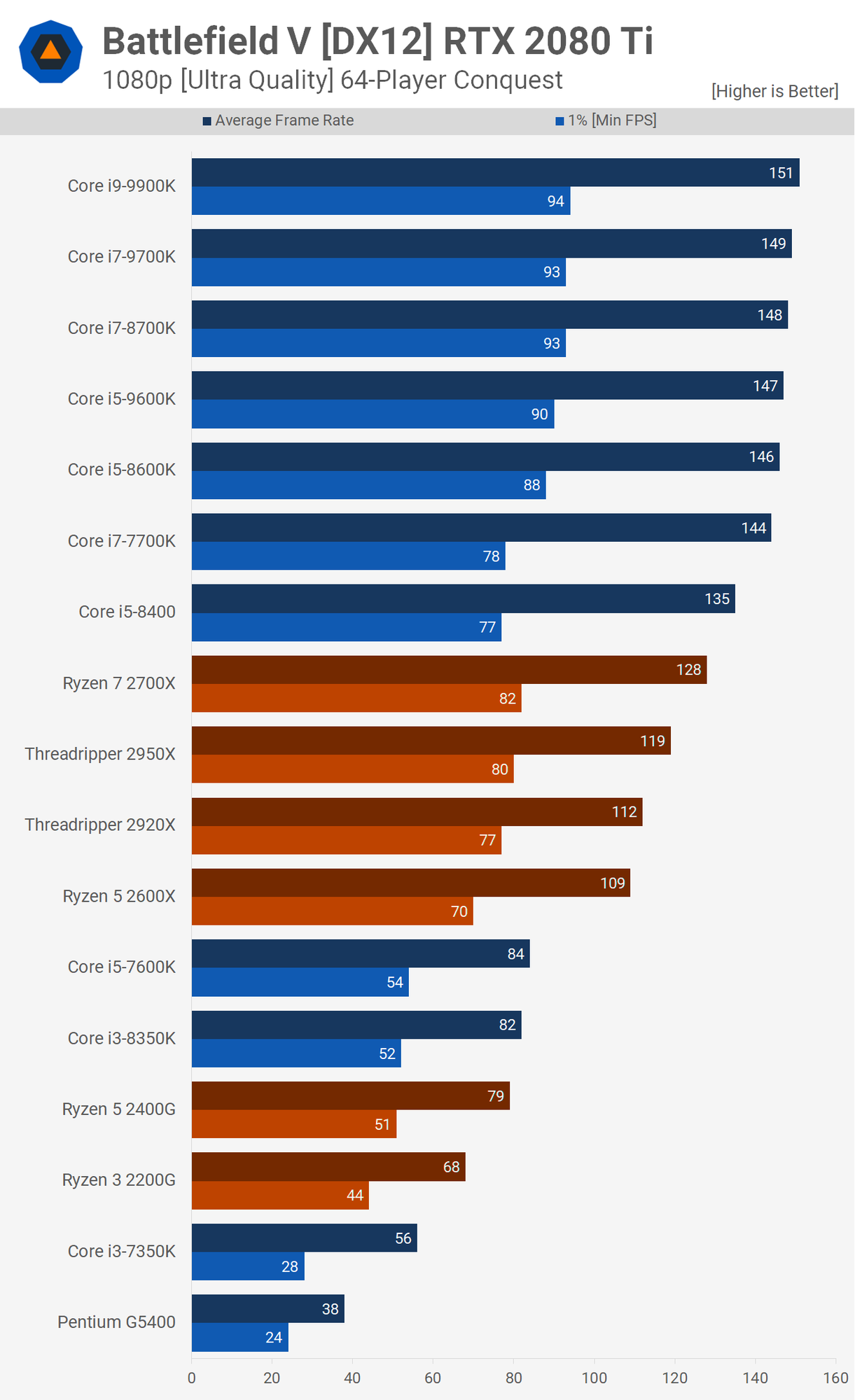If all you do is play games, little deal. If you do a lot of workstation tasks, or you stream on the same machine, then big deal. Th latest multiplayer games are not using more than six threads, and Intel definitely has the advantage there.
Intel is segmenting the market by turning off HT on most processors because they can dominate in games and compete in everything else with their current lineup. If AMD whips out a winner with Zen 2.0, Intel will be forced to compete with whatever pricing AMD offers (HT enabled except at $100).
so have they conceded multithreaded performance to AMD on their mainstream CPU's?
![[H]ard|Forum](/styles/hardforum/xenforo/logo_dark.png)
